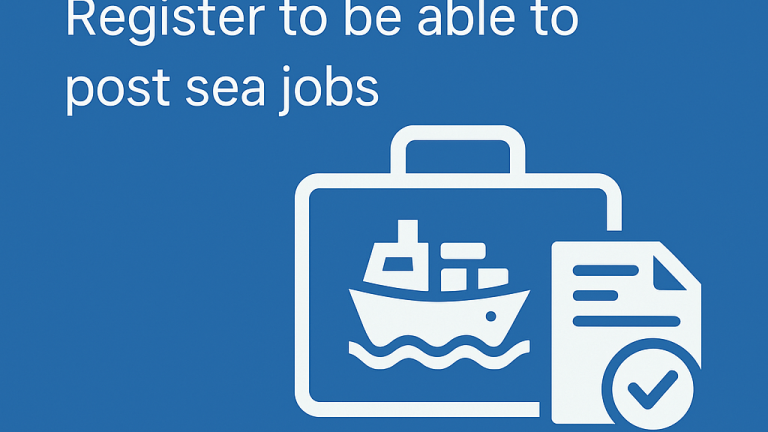
Leadership in Business: What Makes a Great Leader in Today’s World
In today’s fast-paced and ever-evolving business environment, leadership plays a pivotal role in determining the success or failure of an organization. The concept of leadership has evolved over the years, shaped by cultural shifts, technological advancements, and the increasing emphasis on diversity and inclusion. This article explores the qualities, strategies, and challenges that define great leadership in the modern business world, offering insights for aspiring leaders.
The Evolution of Leadership
The traditional image of a business leader was often associated with authority, hierarchy, and control. However, as industries have become more dynamic and interconnected, the qualities of effective leadership have transformed. Leaders today are expected to be adaptable, empathetic, and innovative, placing a greater emphasis on collaboration and communication.
The rise of remote work, global teams, and digital transformation has also reshaped leadership. A great leader in today’s world must navigate these complexities while fostering a sense of unity and purpose among their teams.
Key Qualities of a Great Leader
1. Vision and Strategic Thinking
A great leader possesses a clear vision for the future and the strategic thinking required to achieve it. This vision acts as a guiding star for the organization, providing direction and inspiration for employees. Leaders who can articulate their goals effectively and align their teams with a shared purpose are better positioned to drive success.
2. Emotional Intelligence
Emotional intelligence (EQ) is a cornerstone of modern leadership. Leaders with high EQ are self-aware, empathetic, and skilled at managing relationships. They can understand and respond to the emotions of their team members, fostering a positive work environment and building trust.
3. Adaptability
In a world characterized by rapid change, adaptability is crucial. Great leaders embrace change and view challenges as opportunities for growth. They are open to new ideas, willing to pivot when necessary, and adept at leading their teams through uncertainty.
4. Communication Skills
Effective communication is essential for building strong relationships and ensuring that everyone in the organization is on the same page. Great leaders are skilled communicators who can convey complex ideas clearly, listen actively, and provide constructive feedback.
5. Inclusivity and Diversity
Modern leaders recognize the value of diversity and inclusivity in the workplace. By fostering an environment where different perspectives are welcomed and valued, they can drive innovation, improve decision-making, and create a culture of belonging.
Strategies for Effective Leadership
Leading by Example
Actions speak louder than words. Great leaders lead by example, demonstrating the values and behaviors they expect from their teams. Whether it’s maintaining a strong work ethic, showing resilience in the face of challenges, or treating others with respect, their actions set the tone for the entire organization.
Empowering Employees
Empowering employees is a key strategy for fostering a high-performing team. Great leaders trust their team members, delegate responsibilities, and provide the resources and support needed for success. Empowered employees are more engaged, motivated, and committed to achieving organizational goals.
Continuous Learning
The best leaders are lifelong learners. They stay updated on industry trends, seek feedback, and invest in their personal and professional development. By embracing a growth mindset, they inspire their teams to do the same.
Building Relationships
Strong relationships are the foundation of effective leadership. By taking the time to understand their team members’ strengths, aspirations, and challenges, leaders can build trust and loyalty. This, in turn, fosters a collaborative and supportive work environment.
Embracing Technology
In the digital age, leveraging technology is essential for effective leadership. From using communication tools to facilitate remote work to adopting data-driven decision-making processes, great leaders embrace technology to enhance efficiency and innovation.
Challenges of Leadership in Today’s World
Managing Remote Teams
The shift towards remote and hybrid work models has created new challenges for leaders. Maintaining team cohesion, ensuring effective communication, and addressing feelings of isolation are key areas that require attention.
Navigating Uncertainty
The business landscape is often unpredictable, with factors such as economic fluctuations, technological disruptions, and global events creating uncertainty. Great leaders must remain calm under pressure, make informed decisions, and guide their teams through turbulent times.
Balancing Short-Term and Long-Term Goals
Leaders often face the challenge of balancing immediate needs with long-term objectives. While meeting short-term targets is important, maintaining a focus on the organization’s vision and sustainability is equally critical.
The Future of Leadership
As the business world continues to evolve, so too will the qualities and expectations of great leaders. Emerging trends such as the increasing focus on sustainability, the rise of artificial intelligence, and the growing importance of mental health in the workplace will shape the future of leadership.
To succeed in this ever-changing environment, leaders must remain adaptable, forward-thinking, and committed to fostering a culture of innovation and inclusion. By embracing these principles, they can navigate the complexities of the modern business world and inspire their teams to achieve greatness.
Conclusion
Leadership in business is a dynamic and multifaceted concept, influenced by a variety of factors. Great leaders are those who can adapt to changing circumstances, inspire their teams, and drive innovation while staying true to their values. By cultivating key qualities such as emotional intelligence, adaptability, and inclusivity, and by employing effective strategies, they can overcome challenges and lead their organizations to success. In today’s world, leadership is not just about managing people—it’s about inspiring them to reach their full potential and creating a positive impact on the world.


